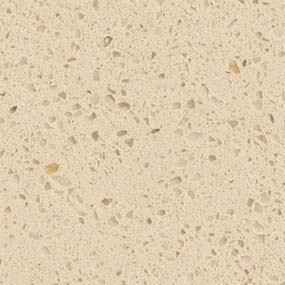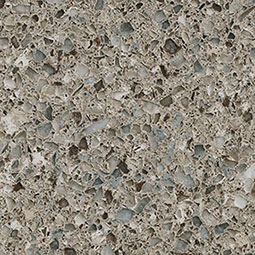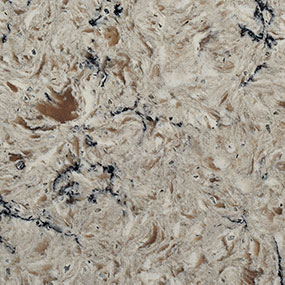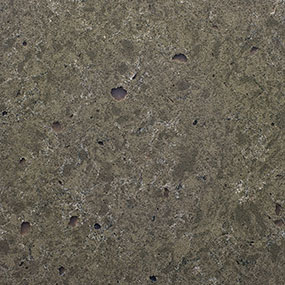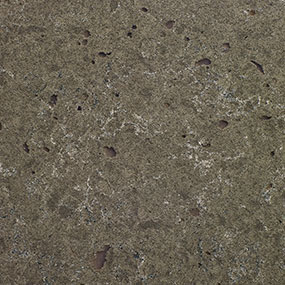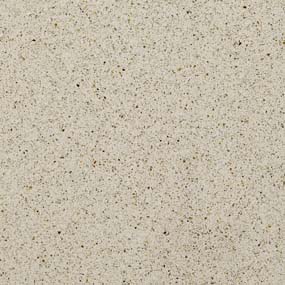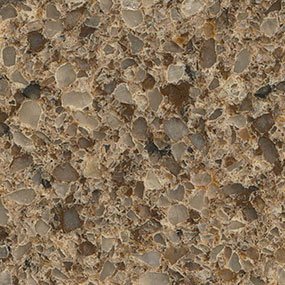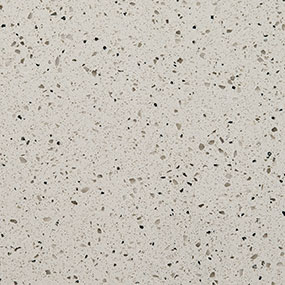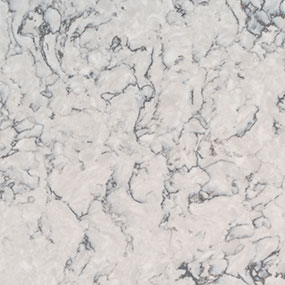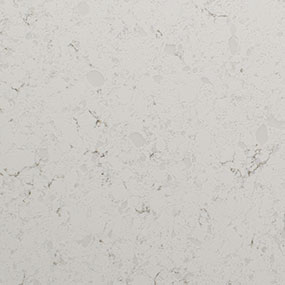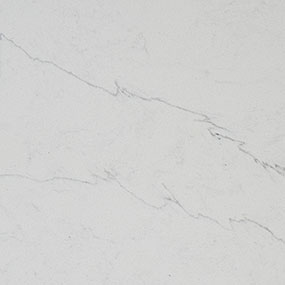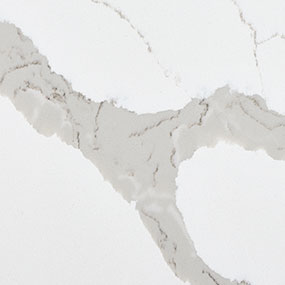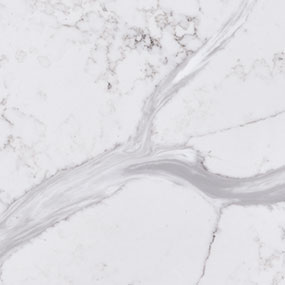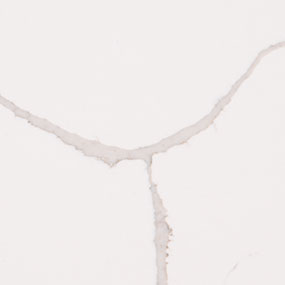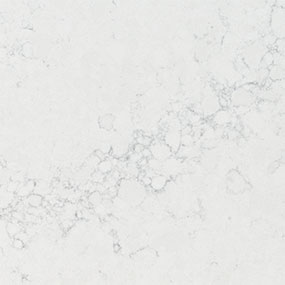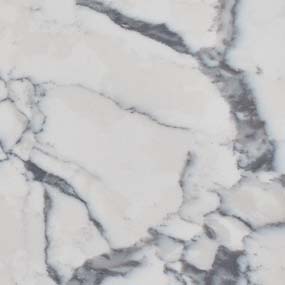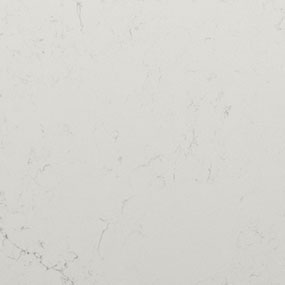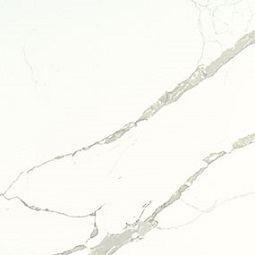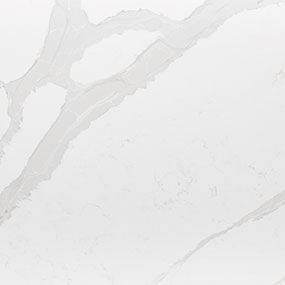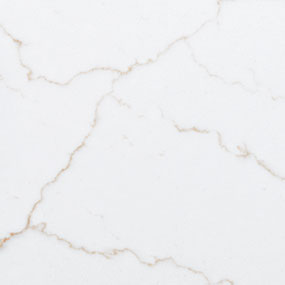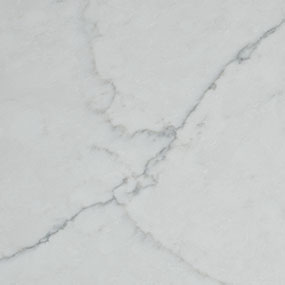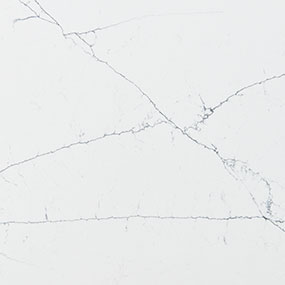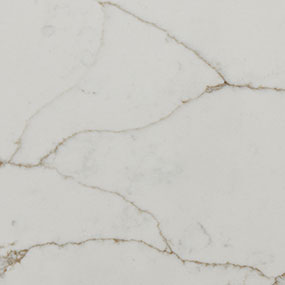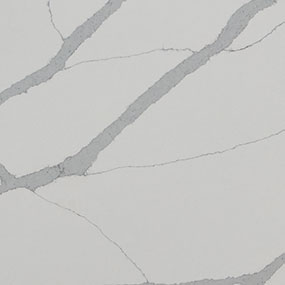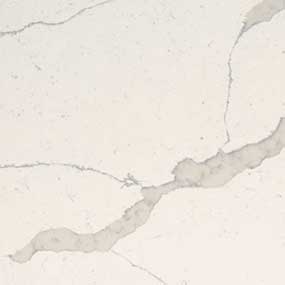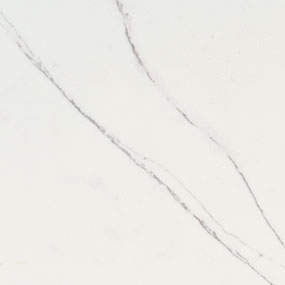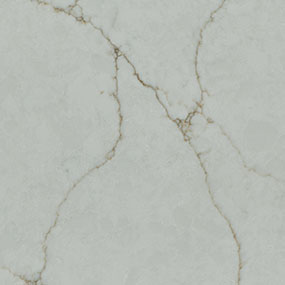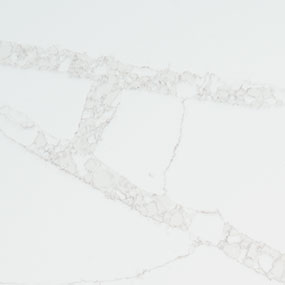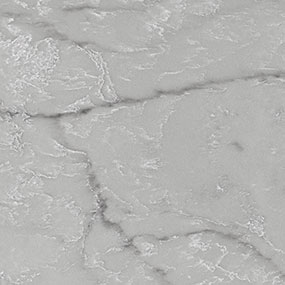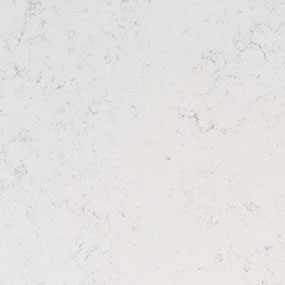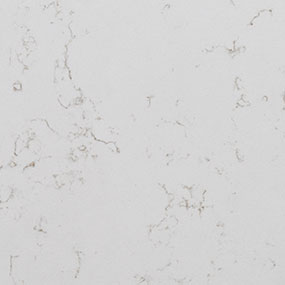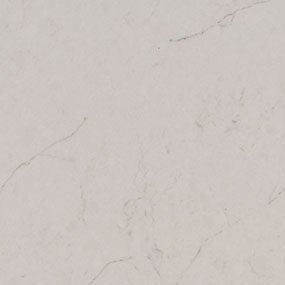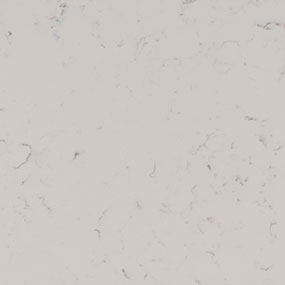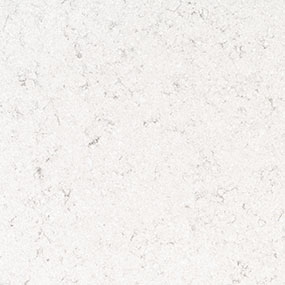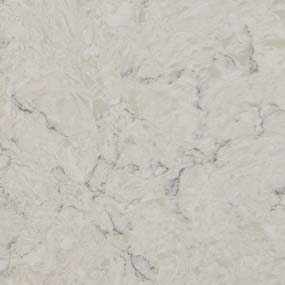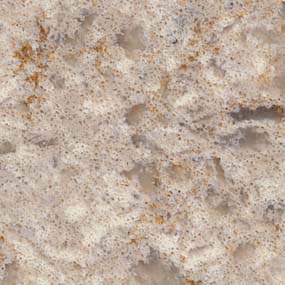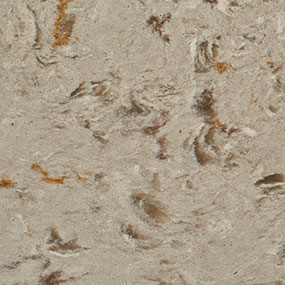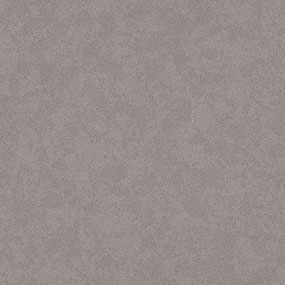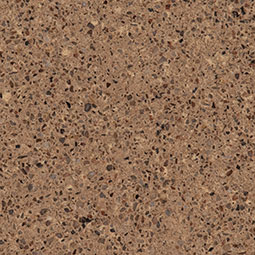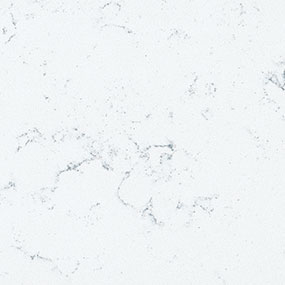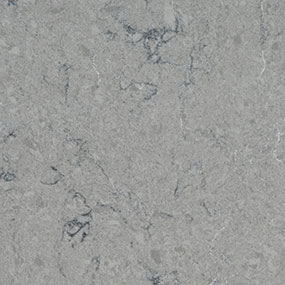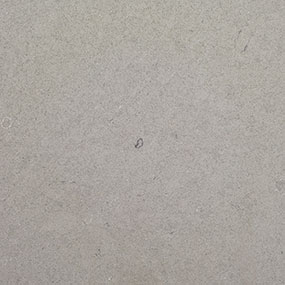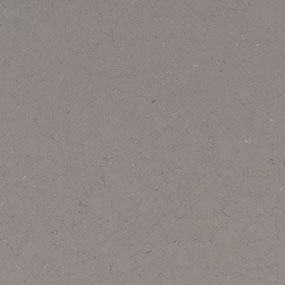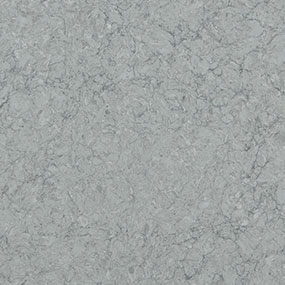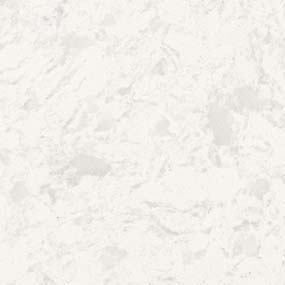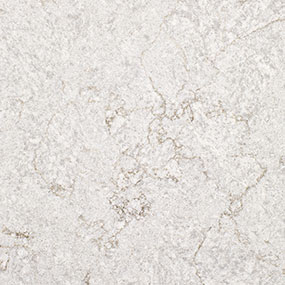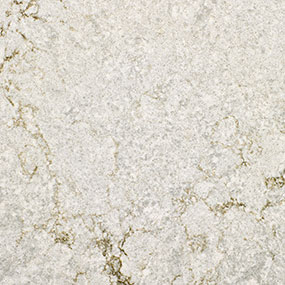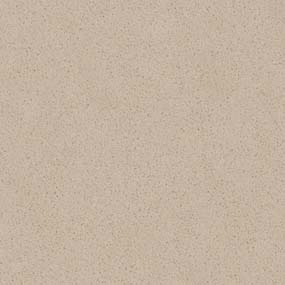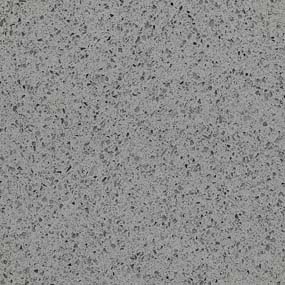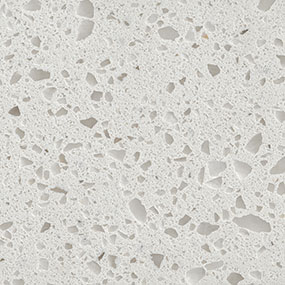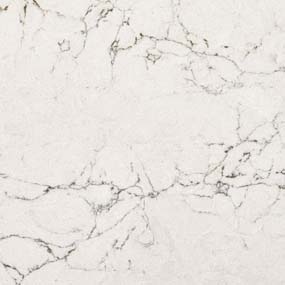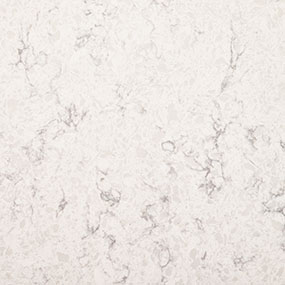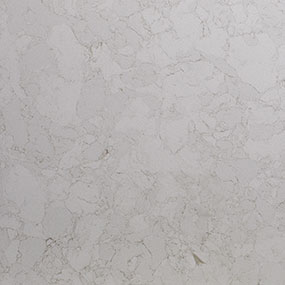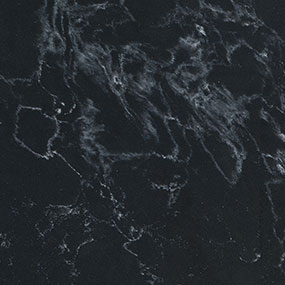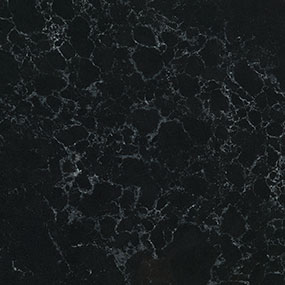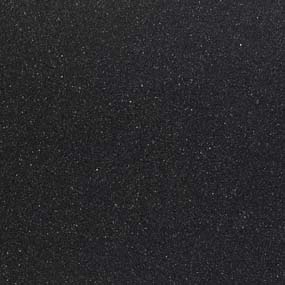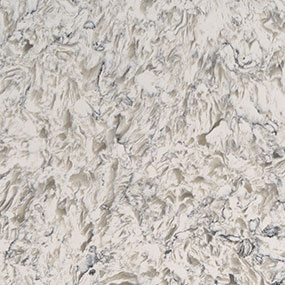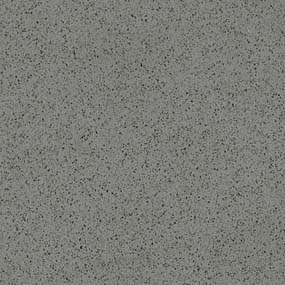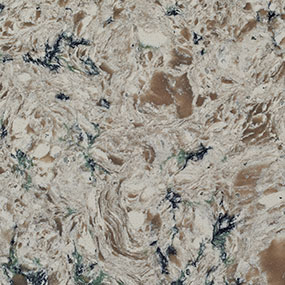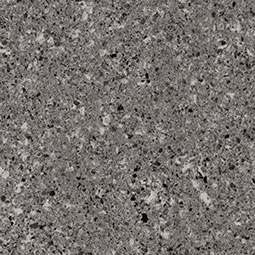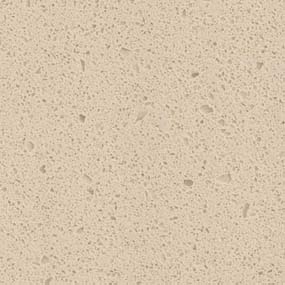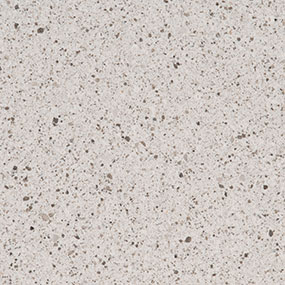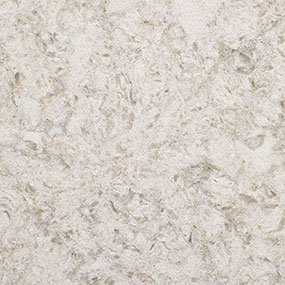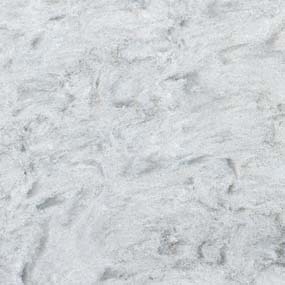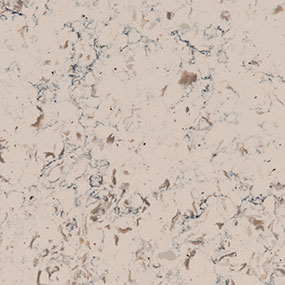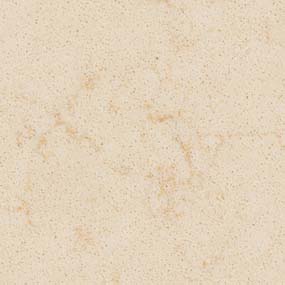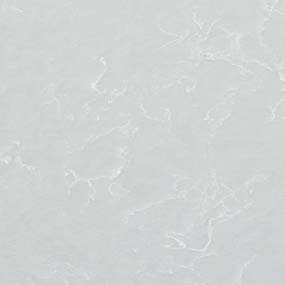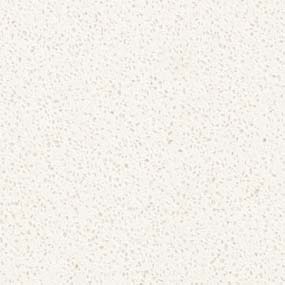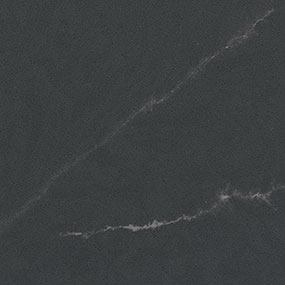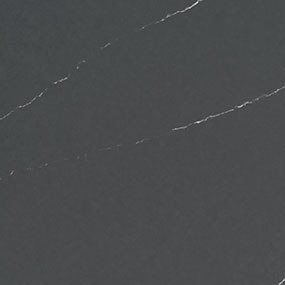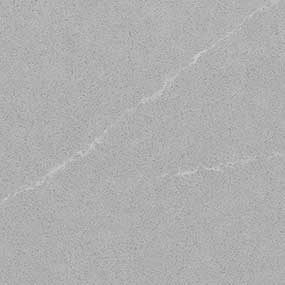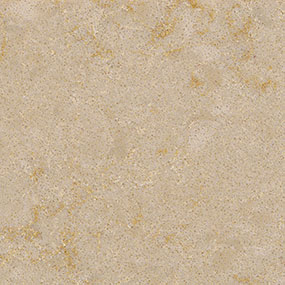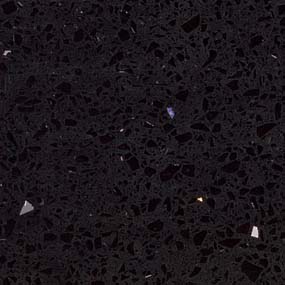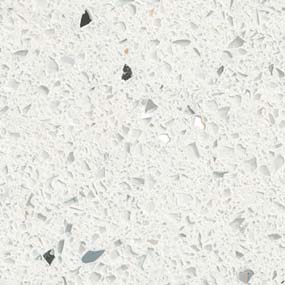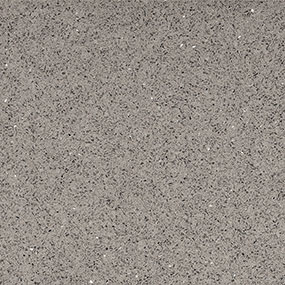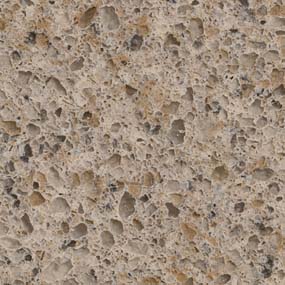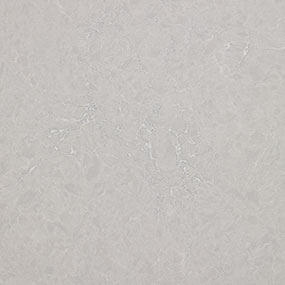PRODUCTS (Quartz)
Granite Countertops | Quartz Countertops | Marble Countertops | Quartzite Countertops | Sinks Options | Edge Options
Quartz Countertops
This is a man made product. Various amounts of ground quartz material is added to an epoxy or plastic to form slab based countertop material. This epoxy is colored and styled to look like many granites and marble materials. In this man made process many of these materials look almost identical to its natural counterpart. More color variations are available that are not found in nature. Quartz Countertops are non porous so sealing this countertop material is not necessary. The process makes the surface non porous.The Look Of Quartz
Quartz is designed today to look like all of the natural stones such as granite and marble but they also have many other variations as well. Because of this control of color many commercial applications use this material when the design dictates this control. This material is very popular in residential applications as well. Quartz countertops are very close to the durability of granite but lack in a couple areas. Heat resistance & UV light exposure. Because of the epoxy material some applications for quartz countertops are not recommended. Outdoor kitchens for example are not recommended because the material can discolor and warm with exposure to uv light.Where can I use Quartz for countertops?
Quartz Countertops are for indoor applications only and should not be exposed to a lot of UV light as this can discolor the material.Quartz Vs Marble Countertops
Quartz Countertops look very similar to Marble countertops in many applications. They can be used in the kitchen so this is a great advantage if you, like many, want this look. Natural stone is mimicked but never duplicated.Quartz vs Granite countertops
These 2 materials are very popular for commercial and residential applications. Quartz leads for style control and design where granite leads for heat resistance and durability. Quartz is man made and granite is a natural stone. Quartz does not need to be sealed whereas granite countertops do need to be sealed. Granite is good for indoor and outdoor applications where quartz is only for indoor applications.Quartz VS Quartzite Countertops
These 2 materials are very popular for commercial and residential applications. Quartz leads for style control and design where granite leads for heat resistance and durability. Quartz is man made and quartzite is a natural stone. Quartz does not need to be sealed whereas quartzite countertops do need to be sealed. quartzite is good for indoor and outdoor applications where quartz is only for indoor applications.Cons of Quartz
Most of the cons from Quartz Countertops come because of the plastic or epoxy material used to bind the quartz material together. Quartz Countertops are for indoor application with limited UV exposure. The downfalls of this material are based on the properties of the epoxy and its exposure to heat, UV rays and chemicals.Cost of Quartz
The cost of Quartz Countertops varies based on the same factors as natural stone in supply and demand as well as warranty from the brand. Quartz is still slightly more expensive than granite from a leading price point perspective.Use the kitchen designer to help you with the color selection process...
The Granite Kitchen Designer is designed to assist You with color selection. This is not going to exactly define the look of your kitchen but it will give you an idea of which colors will go best with each other by selecting your cabinet, wall, floor and granite you can pull your granite colors into the various elements of your kitchen. Note: some color names may differ by region.Virtual Kitchen Designer
This kitchen designer provides access to the same colors but is in a 3d Applciation.Get Your Dream Countertops Today!
Connect with us now and receive an instant discount on your new granite, quartz, or marble countertops. Don't miss this limited-time offer!


